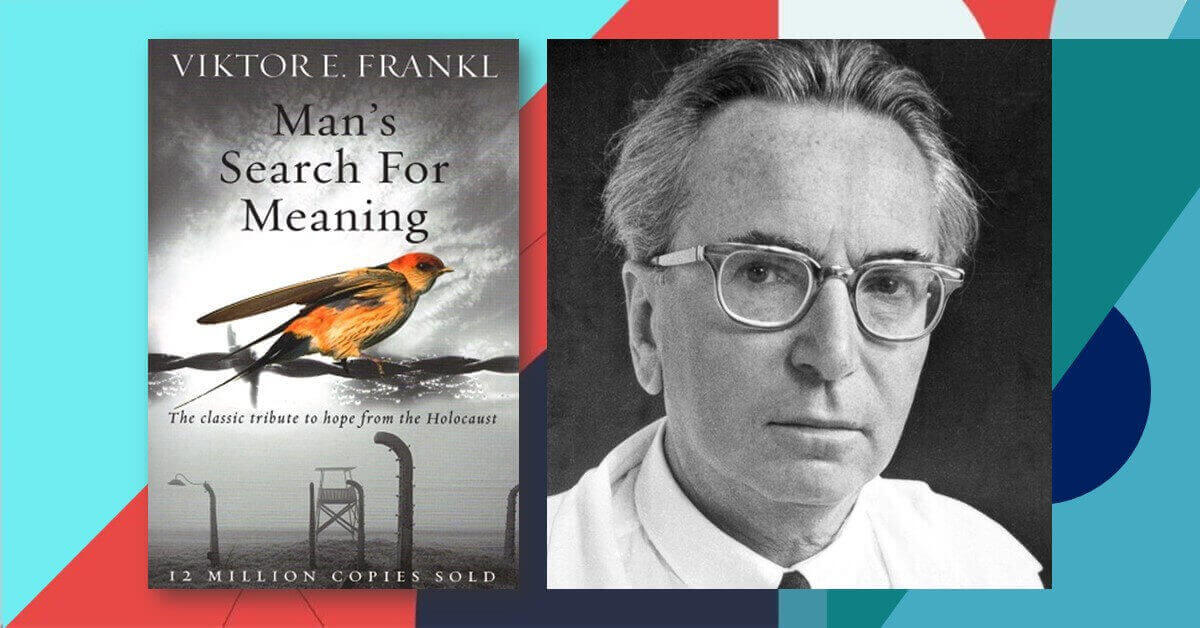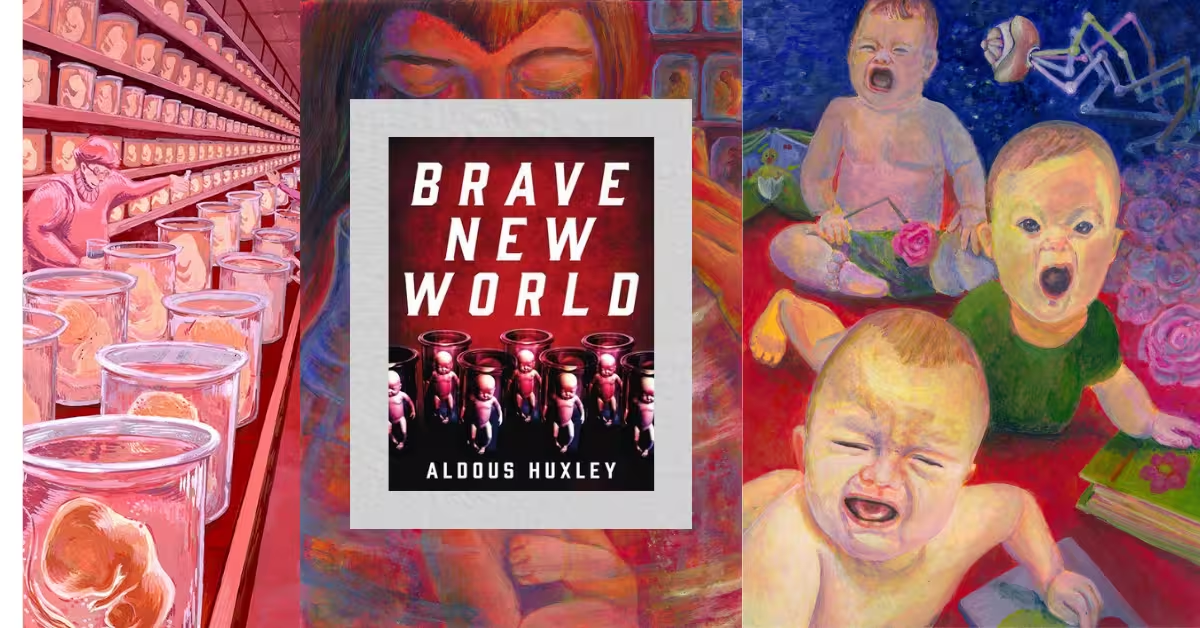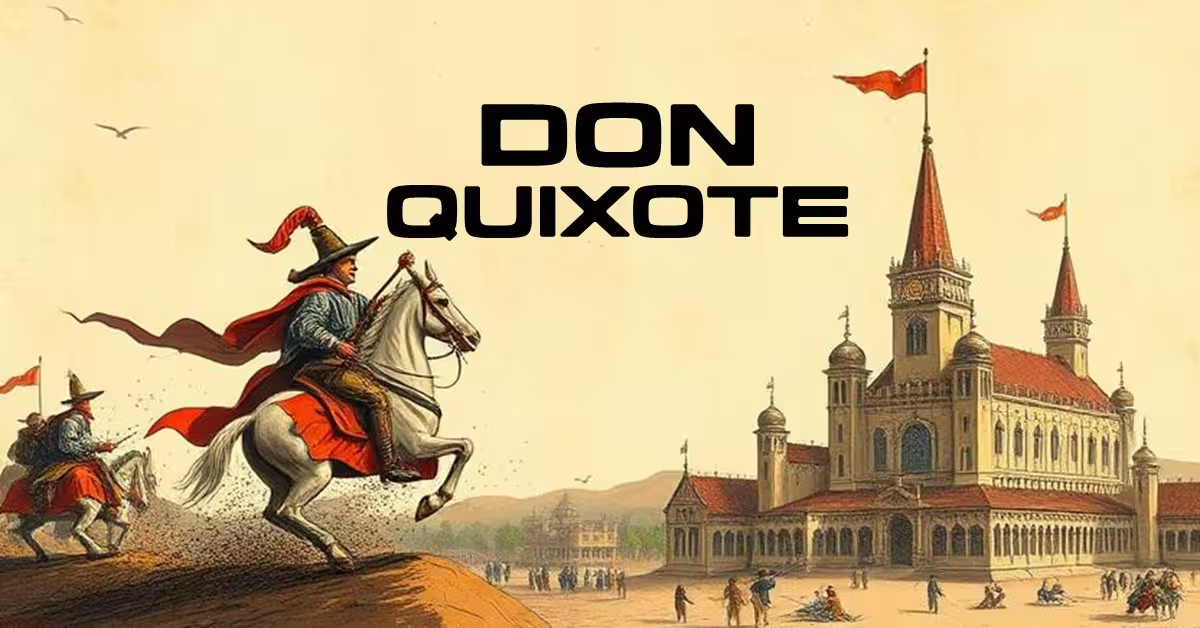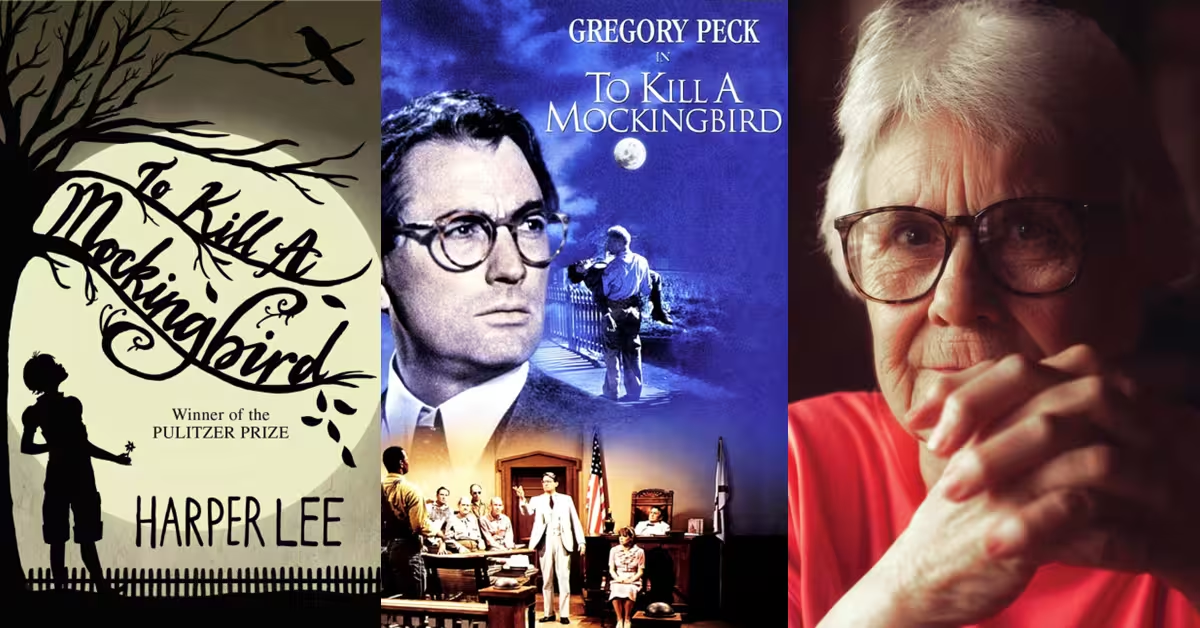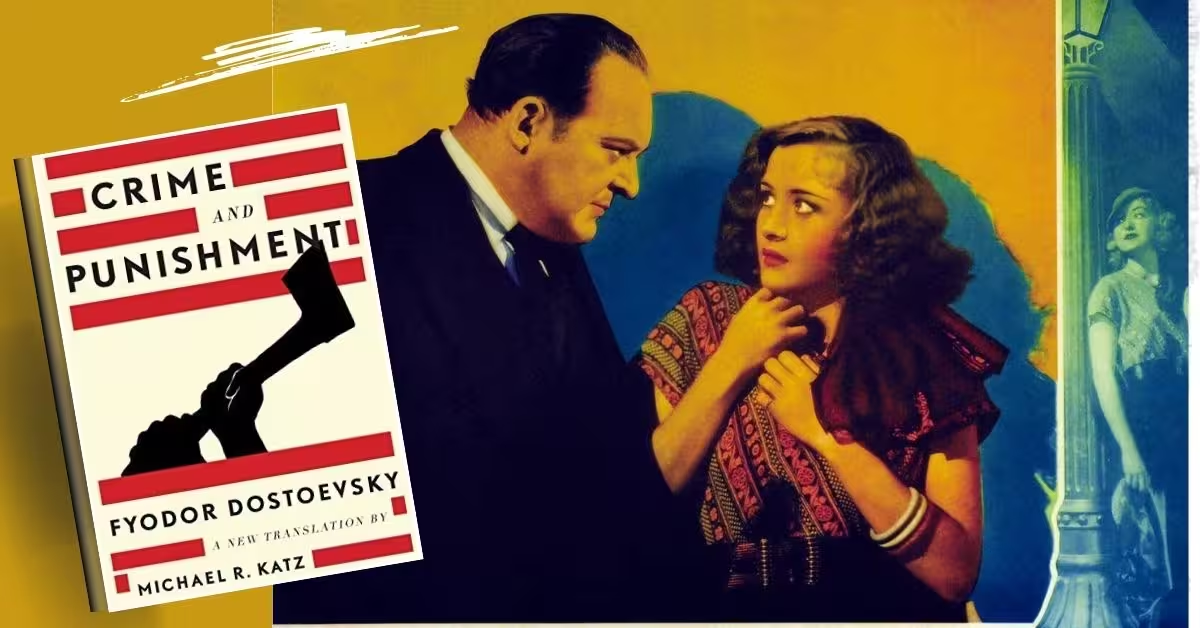Last updated on December 11th, 2024 at 07:57 am
Man’s Search for Meaning is one of the greatest and most moving, inspirational, life-changing books that I have ever come across as a reader. It is not a book like Outliers: The Story of Success by Malcolm Gladwell.
I have found it even more compelling and promising than The Power of Positive Thinking by Vincent Peale. It does not talk about successes or how to succeed or successful people. It simply talks about life, hope, faith, love and the importance of being alive in an unexpected situation. It is a calling to all for a meaningful life.
When, regarding success in real life, Malcolm Gladwell says that, success is an accumulation of opportunities and opportunities to invest 10,000 hours into our work; and to Vincent Peale, “A man who is self-reliant, positive, optimistic, and undertakes his works with an assurance of success magnetises his condition”, Frankl wrote that, “for success, like happiness, it cannot be pursued, it must ensue”.
Frankl says that a meaningful life must not lie in material success but in responsibleness to life.
Man’s Search for Meaning
In Man’s Search for Meaning Frankl simply shows the possibilities of having and living a meaningful life even in the midst of harsh situations like the concentration camps where the Muslem or people who were no longer able to work are thrown into the gas chambers, and no one knew how long he is going go to live or be free.
In a situation like that, Frankl suggests developing the art of living. He says, “The attempt to develop a sense of humour and to see things in a humorous light is some kind of a trick learned while mastering the art of living. Yet it is possible to practice the art of living even in a concentration camp, although suffering is omnipresent. To draw an analogy: a man’s suffering is similar to the behaviour of gas.
“If a certain quantity of gas is pumped into an empty chamber, it will fill the chamber completely and evenly, no matter how big the chamber. Thus, suffering completely fills the human soul and conscious mind, no matter whether the suffering is great or little. Therefore the “size” of human suffering is absolutely relative”.
The meaning of life and suffering
On the question of the meaning of life Victor Frankl writes, “As each situation in life represents a challenge to man and presents a problem for him to solve, the question of the meaning of life may actually be reversed”.
“Life ultimately means taking the responsibility to find the right answer to its problems and to fulfil the tasks which it constantly sets for each individual. Life’ does not mean something vague, but something very real and concrete just as life’s tasks are concrete and real. These tasks form men’s destiny. No man, no destiny can be compared with any other man or any other destiny”.
“Ultimately, man should not ask what the meaning of his life is, but rather he must recognize that it is he who is asked. In a word, each man is questioned by life; and he can only answer to life by answering for his own life; to life he can only respond by being responsible”. No matter what happens to life, its meaning never stops being meaningful.
According to his brainchild logotherapy, Victor Frankl says the meaning of life can be in three different ways: 1) by creating a work or by doing deeds 2) by experiencing something or by encountering someone 3) and by the attitude we take towards the unavoidable suffering.
By experiencing something or by encountering someone he means that for a meaningful life we have to experience something such as goodness, truth and beauty in nature, culture and human beings by loving him.
“Love is the only way”, Frankl says “to grasp another human being in the innermost core of his personality. Furthermore, by his love, the loving person enables the beloved person to actualize these potentialities. By making him aware of what he can be and of what he should become, he makes these potentialities come true”.
“We must never forget that we may also find meaning in life even when confronted with a hopeless situation when facing a fate that cannot be changed. For what then matters is to bear witness to the uniquely human potential at its best, which is to transform a personal tragedy into triumph, to turn one’s predicament into a human achievement. When we are longer able to change a situation—just think of an incurable disease such as inoperable cancer—we are challenged to change ourselves”.
Frankl found the meaning of his life even in the suffering by changing his attitude to it. He says, “if there is a meaning in life at all, then there must be a meaning in suffering. Suffering is an ineradicable part of life, even as fate as death. Without death and suffering, human life cannot be complete”.
The way in which a man accepts his fate and all the suffering it entails, the way in which he takes up his cross gives him ample opportunity–even under the most difficult circumstances– to add a deeper meaning to his life. It may remain brave, dignified and unselfish. Or in the bitter fight for self-preservation, he may forget his human dignity and become no more than an animal. Here lies the chance for a man either to make use of or to forgo the opportunities of attaining the moral values that a difficult situation may afford him. And this decides whether he is worthy of his sufferings or not.
He argues that in the concentration camp, the state of inner self was mostly the result of ‘free decision’ than psychological causes. And people who abandoned their ‘inner self’ eventually became victims of the camps’ degenerating influences. In a situation where prisoners did not know how long they were going to live there, it was very easy for them to lose the ultimate goal of human life.
In such a workless, goalless situation decay sets in. He says, it is like a situation of the unemployed worker when his existence becomes provisional or indefinite “and in a certain sense he cannot live for the future or aim at a goal”. Factors such as these are responsible for people to lose hold of their lives, and things become pointless. A man who let himself decline because he could not see any future goal found (or finds) himself with retrospective thoughts. The prisoner who lost their faith in the future was doomed.
For such dire and hopeless situations and people who let go of their inner hold, Frankl says, “Such people forgot (forget in real life) that often it is just such an exception. ally difficult external situation which gives man the opportunity to grow spiritually beyond himself. Instead of taking the camp’s difficulties as their inner strength, they did not take their life seriously and despised it as something of no consequence. They preferred to close their eyes and to live in the past. Life for such people became meaningless.”
Frankl says, “Life is like being at the dentist. You always think that the worst is still to come, and yet it is over already.” Varying this could say that most men in the concentration camps believed that the real opportunities for life had passed. Yet, in reality, there was opportunity and challenge. One could make a victory those experiences, turning into an inner triumph, one could ignore the challenge and simply vegetate, as the majority of the prisoners”.
“Life is like being at the dentist. You always think that the worst is still to come and yet it is over already.
Victor Frankl
He says, the moment we realize the clear and precise picture of suffering, it ceases to be suffering: Affectus, qui passio est, destini esse passio simulatque eius elaram et distinctam formamus ideam—Emotions, which is suffering, cease to be suffering as soon as we form a clear and precise picture of it”.
That’s why there is a strong connection between a man’s mind and the state of immunity of his body. Losing hope and faith in the future is responsible for lower immunity. Frankl mentions a 1944 Christmas and 1945 New Year incident.
He says the deaths increased during the season not because of harder working conditions or deterioration of food quality, or a change of weather or an epidemic, but because they were hoping that they would be able to go home by Christmas, and that did not happen.
The holocaust survivor, Austrian psychiatrist, philosopher, and doctor Victor Frankl’s Man’s Search Meaning is an enormously inspiring book about finding one’s life’s meaning. Frankl survived the unbearable suffering of multiple concentration camps during WWII. Frankl, who discovered the meaning in life and meaning in the suffering ultimately found a meaning to survive, while thousands died in his very sight.
Frankl meant that many people who died during their captivity did not die for the lack of medicine, food but for the lack of hope. These people were unable to see their life beyond the barbed wire of camp. The feeling of hopelessness, and having nothing to live for hasted their physical inactivity which ultimately brought death through the gas chamber.
Life does not lose its meaning in any situation, no matter how severe the situation is, says Frankl. He says nothing can make our life meaningless. We can realise that meaning by focusing on future greatness. In any given difficult situation, when suffering is inevitable, life retains its meaning only once we find a reason to suffer. That could be caring for someone, or looking forward to doing something great.
Frankl views that as death is unavoidable, it can be a meaningful and glorious one. In fact, no matter how and where we live in, our life must bear footmarks in the sand for eternity. Of the two chapters, however, the first chapter talks about his experience in the concentration camps and freedom from captivity.
In Man’s Search for Meaning, Frankl founded his theory of Logotherapy or treatment with meaning, the Third Viennese School of Psychotherapy in Austria. Frankl elaborately described theory with practice case studies. Logotherapy is the new trend in treating people with different types of neuroses and addictions.
The second chapter of Man’s Search Meaning deals with a short description of Logotherapy, which includes, Existential Frustration, Existential Vacuum, The Meaning of life, The Essence of Existence, The Meaning of Love, The Meaning of Suffering, Life’s Transitoriness, Neurosis, Tragic Optimism and so. He presents the theory with various psychological, neurological, and philosophical exigencies.
Frankl frequently quoted the life-giving phrases from Fredric Nietzsche and many well-known thinkers of his age.
What is Logotherapy
Victor Frankl describes his famous logotherapy briefly in Men’s Search Meaning. Victor Frankl’s theory of Logotherapy or the Third School of Viennese School Psychotherapy focuses on the meaning of human existence as well as a man’s search for it, as the Greek word Logos denotes, “meaning”. Logotherapy helps people find people their life’s meaning. It helps remove people’s ‘existential frustration’, which refers to not finding the meaning of existence.
He said, the Existential Vacuum is widespread in the twentieth century (how about the 21st century?). this Existential Vacuum manifests itself mainly in the state of boredom. The problems of Existential Vacuum or boredom are growing increasingly crucial, for progressives automation will probably lead to an enormous increase of leisure hours available to average workers”. But they don’t know what to do with this enormous amount of time. This in turn creates boredom and an Existential Vacuum. For filling the Existential Vacuum logotherapy is indicated.
Logotherapy suggests, ‘Live as if you were living for the second time and as if you had acted the first time as wrongly as you are about act now”! it helps people to make aware of his full responsibleness.
I also love to mention about the Tragic Triad of logotherapy. It means one man is to remain optimistic regardless of the triad: 1) pain, 2) guilt, 3) and death. It is the question of, “How is it possible for a man to say YES to life instead of all those? Frankl says that the feeling of meaninglessness is the fact that people have enough to live by but nothing to live for; they have the means but not meaning”.
Conclusion
For me, Man’s Search for Meaning is one of the greatest and most moving books that I have come across as a reader. The book is full of psychological terms like ‘time experience’, ‘Sunday neurosis’, nothingness, the theory that man is nothing but the result of biological, psychological, and sociological conditions or the product of heredity and environment; pan-determinism, a man’s disregard to his capacity to take a stand towards any conditions whatsoever.
Frankl realised in life that a man ‘does not even know what he wishes to do. Instead, he either wishes to do what other people do (conformism), or he does what other people wish him to do (totalitarianism)’. And ‘to be sure a human being is a finite being, and his freedom is restricted. It is not freedom from the condition, but it is a freedom to take a stand towards conditions.’
I would love to finish with the same thing that Frankl finishes Men’s Search for Meaning, that, “For the world is in a bad state, but everything will become still worse unless each of us does his best (like saints). So, let us be alert-alert in a twofold sense: Since Auschwitz, we know what man is capable of. And since Hiroshima, we know what is at stake.
Read Man’s Search for Meaning’s Bangla translations
About the Author
Viktor E. Frankl was a Professor of Neurology and Psychiatry at the University of Vienna Medical School. He was the founder of what has come to be called the Third Viennese School of Psychotherapy (after Freud’s psychoanalysis and Adler’s individual psychology)-the school of logotherapy. His writings have been called “the most important contributions in the field of Psychotherapy since the days of Freud, Adler and Jung” by Sir Cyril Burt, ex-President of the British Psychological Society.
Born in 1905, Dr. Frankl received the degrees of Doctor of Medicine and Doctor of Philosophy from the University of Vienna. During World War II he spent three at Auschwitz, Dachau, and other concentration camps.
